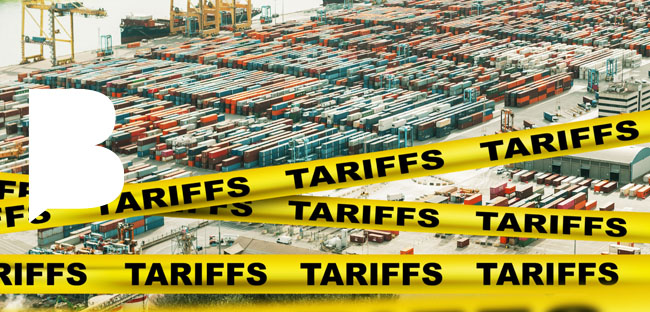Taiwan Semiconductor Manufacturing Company (TSMC) has acknowledged it faces significant challenges in ensuring its advanced chips do not end up with sanctioned entities in China, despite tightening export controls.
The company admitted in its latest annual report that its position as a contract chipmaker limits its visibility into how and where its semiconductors are ultimately used.
Instead of directly selling finished products, TSMC manufactures chips for firms like Nvidia and Qualcomm, which are then integrated into a wide range of devices by third parties.
Α layered supply chain structure like this makes it difficult for the company to guarantee full compliance with export restrictions, especially when intermediaries may divert shipments intentionally.
TSMC halted deliveries to a customer last year after discovering one of its AI chips had been diverted to Huawei, a Chinese tech giant on the US sanctions list. The company promptly notified both Washington and Taipei and has since cooperated with official investigations and information requests.
The US continues to tighten restrictions on advanced chip exports to China, urging companies like TSMC and Samsung to apply stricter scrutiny.
Recently, Washington blacklisted 16 Chinese entities, including firms allegedly linked to the unauthorised transfer of TSMC chips. Despite best efforts, TSMC says there is no assurance it can completely prevent such incidents.
Would you like to learn more about AI, tech and digital diplomacy? If so, ask our Diplo chatbot!










